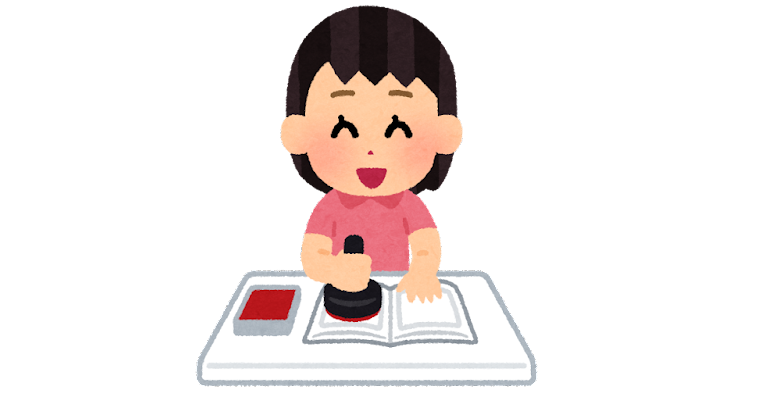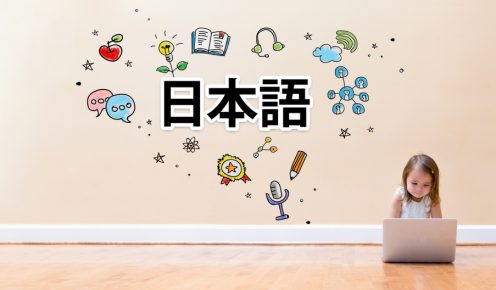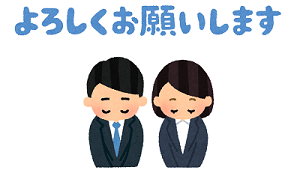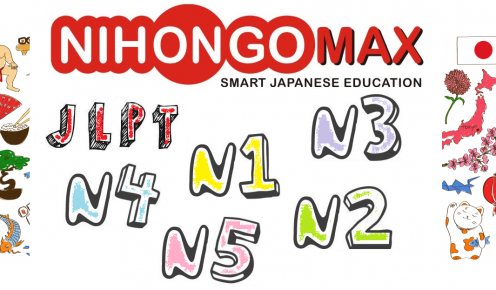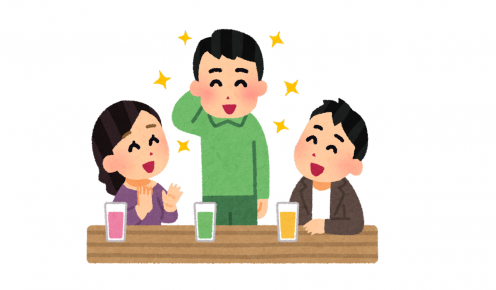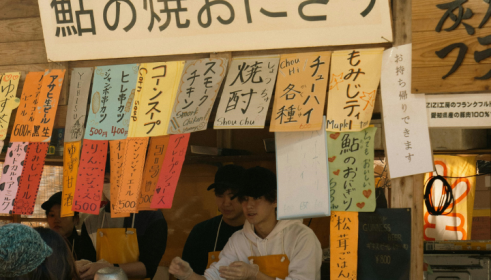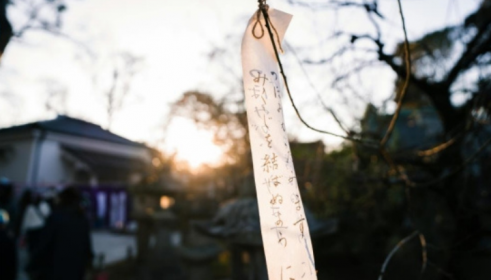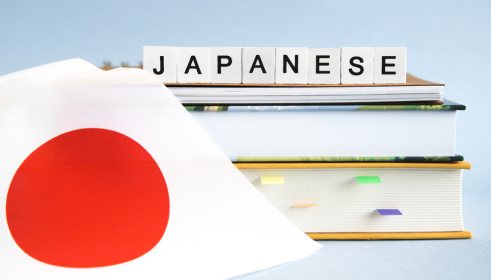In the Japanese language, one of the most fascinating aspects is the use of honorifics. These linguistic nuances play a crucial role in conveying respect, politeness, and social hierarchy in Japanese society. Understanding honorifics is not only essential for effective communication but also for navigating the intricate social dynamics of Japan. In this blog post, we will delve deep into the world of Japanese honorifics, exploring their significance, usage, and cultural implications.
Understanding Honorifics:
Honorifics, known as “keigo” in Japanese, are linguistic expressions used to show respect and politeness towards others. They are an integral part of Japanese communication and are employed in various contexts, including everyday conversations, business interactions, and formal ceremonies.
Types of Honorifics:
There are three main categories of honorifics in Japanese:
- Sonkeigo (Respectful Language):
This form of honorific language is used to elevate the status of the person being spoken about or addressed. Sonkeigo is often employed when referring to superiors, customers, or individuals deserving of respect. Verbs and nouns are conjugated in a way that reflects deference and reverence.
- Kenjougo (Humble Language):
Kenjougo is used to humble oneself or one’s actions when speaking to others. It is commonly used in situations where the speaker wants to downplay their own accomplishments, abilities, or social status out of humility or respect for the listener. Kenjougo is characterized by specific verb forms and expressions that convey humility and modesty.
- Teineigo (Polite Language):
Teineigo is the most commonly used form of honorific language in Japanese. It is used to maintain politeness and decorum in everyday interactions. Teineigo is employed in neutral or formal settings and is characterized by polite verb endings and expressions.
Cultural Implications:
The use of honorifics extends beyond mere linguistic conventions; it reflects deeply ingrained cultural values of respect, humility, and social harmony in Japanese society. Mastery of honorifics is considered a sign of linguistic proficiency and cultural awareness, and it is highly valued in both personal and professional spheres.
In Japanese culture, the appropriate use of honorifics is seen as essential for maintaining harmonious relationships and social cohesion. Failing to use honorific language correctly can lead to misunderstandings, offense, and damage to one’s reputation.
Practical Applications:
Understanding how to use honorifics effectively is essential for anyone studying Japanese language and culture. Here are some practical tips for incorporating honorifics into your language skills:
- Learn the Basic Forms:
Start by familiarizing yourself with the basic forms of honorific language, including sonkeigo, kenjougo, and teineigo. Practice conjugating verbs and using appropriate expressions in each context.
- Observe Native Speakers:
Pay close attention to how native Japanese speakers use honorifics in different situations. Listen to conversations, watch movies or TV shows, and mimic the language patterns you hear.
- Contextualize Your Speech:
Consider the social context and relationship dynamics when deciding which honorifics to use. Tailor your language to match the level of formality and respect required in each situation.
- Practice, Practice, Practice:
Like any aspect of language learning, mastering honorifics requires practice. Regularly engage in speaking and writing exercises that incorporate honorific language to improve your fluency and confidence.
Conclusion:
In the Japanese language, honorifics play a vital role in shaping communication and social interactions. Understanding and mastering honorific language is not only essential for effective communication but also for navigating the complex nuances of Japanese society. By delving into the intricacies of honorifics, language learners can gain deeper insights into Japanese culture and cultivate meaningful connections with native speakers. So, embrace the challenge of mastering honorifics, and embark on a journey of linguistic and cultural discovery in the land of the rising sun.
Start your Japanese language journey with Nihongomax . We provide best Japanese learning coaching in Delhi, both offline and online courses are available. Learn at affordable charges, at your own pace and comfort.
From N5(beginner) to N1(Advanced), we have curated high quality material and audio lessons to provide best Japanese language training for students. You can try out your first two classes of any level for free, and kick start your Japanese language learning journey today.

